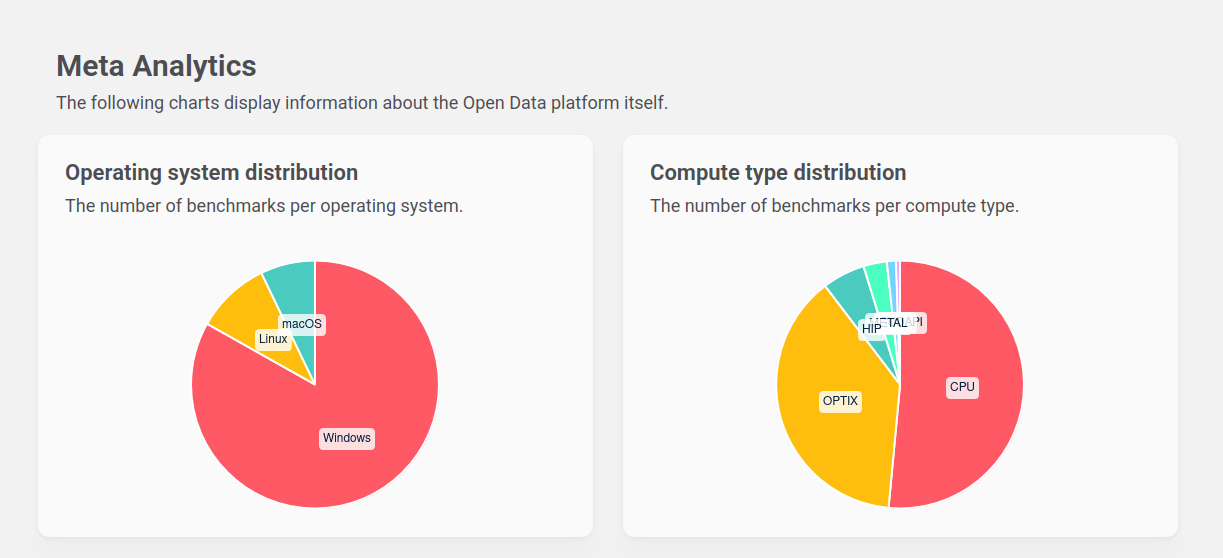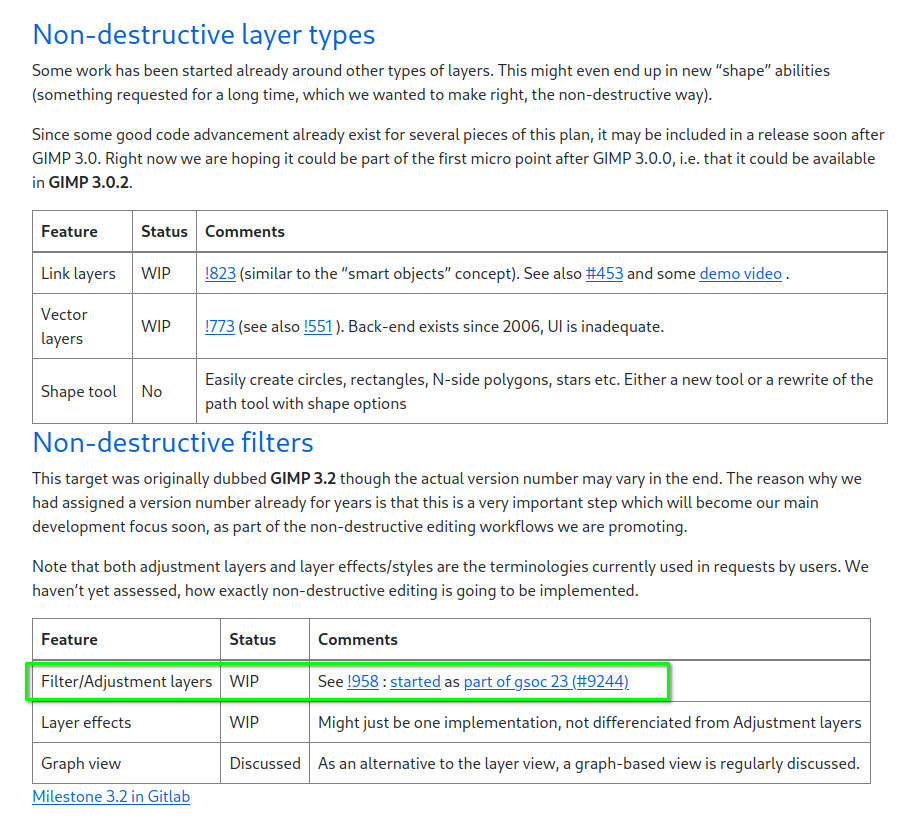I walked away from my established image creation pipeline using Adobe products in favour of then upstart Affinity Photo on windows in 2016, in the wake of CC subscription sabre rattling. Based on a core ethos that I will use my skills to learn new things to retain control over how I want to run my business, control my costs and generally not accept things like subscriptions being forced, aggressive DRM and other less friendly business practices.
Once you've been in the industry a while you notice a cadence. Eventually, your favoured developers may sell their company to a not so nice bigger company, that will inevitably kill the love for the product or abuse the relationship with the users to the point where customers want to leave. This is usually driven by the need for shareholders to see returns on investment over a short period of time rather than thinking of the long term effects because they don't care about that, once they get their money out, in comes another until the product is a husk of what it once was. Then comes the next upstart. Repeat sequence.
Personally, I think the most trusted solution to this ill of modern society is open software projects, that cannot be corrupted in this way. We are already seeing open source projects like Blender beating established 3D applications and besting their development pace, product stability & winning market share.
Onto the main point, like other people have mentioned, this sort of thinking does eventually cause you think about the entire operating system.
In 2022, I switched completely to Linux. First a RHEL based distro and then to Fedora. Both RPM package managers. I'm not interested in server grade or critical systems levels of security or LTS. I just want an operating system that is open source derived, community driven and free of the things I dislike about Windows, Adobe, Autodesk etc etc. I'm not going to list all the reasons as that is not relevant. But if we are to speak about security, windows isn't exactly the poster child for a secure and problem free desktop environment 😁
Since moving to Linux, I am without a full featured 2D image editing experience, however I do have workarounds (Lutris/Wine/PhotoPea/Dual Boot/VMs) which get me most of the way whilst I wait for GIMP to finally be ready for production work in the way photoshop is. I've kept an eye on Affinity and tried getting it running via Wine. But ultimately, I've got the message loud and clear that Serif are not bothered if they lose customers like me.
Here is my current solve to the lack of Linux options for 2D image editing and creation.
2D Vector Graphics:
I use Inkscape for the somewhat small amount of Vector graphic work I do. It can open my old illustrator files with no problems and has workflows to replicate all the things I would use illustrator for. And it is open source, works offline and is DRM free.
2D Raster Graphics:
For retouching, I use a mixture of Photopea (browser based photoshop clone), Fusion and Gimp. I'm truly amazed how good Photopea is. I am able to open and edit massive PSB files I made in Photoshop years ago with no compatibility issues. It's well worth a look for any Linux nomads. I think there are some limitations regarding channels but I haven't noticed them yet.
I also would not be at all shocked if Adobe launch a browser based version of Photoshop. I believe this is already being trialled in Canada. Since Adobe is moving more and more to a service based model with augmentations of A.I technology in Photoshop and AfterEffects. I sometimes wonder whether the concept of having these sorts of applications installed on a local workstation will even exist at all in 10 years time....if you stay on the Adobe train that is.
32Bit Image editing/Compositing/Motion:
For more complex & programmatic 32 bit image editing things, I will use Fusion Studio (around £300 for a perpetual dongle). This has worked on all the distros I have tried over the years. I also use Resolve. These both work well as a After Effects and Premiere replacement.
Lastly, it is worth noting that the one major drawback for Photoshop artists using GIMP is the lack of non destructive layer based adjustments (adjustment layers) This is actually on the roadmap for later this year. Once GIMP gets this functionality, I will probably be able to use it as a true Photoshop replacement.
GIMP Roadmap:
https://developer.gimp.org/core/roadmap/
Photopea:
https://www.photopea.com/
Inkscape:
https://inkscape.org/
So anyway, that's my 2 cents. Remember that you have the ultimate tool at your disposal. Your brain and willingness to adapt your skills, time and resource towards things you believe are worth supporting. Don't wait for the Linux community to become big enough for Serif to care, you have the power to make it big enough by voting with your feet.
As a general caveat. I appreciate this advice is not relevant to everyone and could be perceived as off topic, overly aspirational or even outright evangelical. But it is and has been valid for my situation and my hope, is that another person might find them selves reading this and could find this information to be helpful.
I also have nothing against Serif, for all intents and purposes, they have been a very positive change the industry really needed, which makes it that bit more disappointing they could not stretch to a .RPM/.DEB/.run/portable compile of the software. If it were me, I would want to do it out of principle as a way to say we did something Adobe could not.
From my position of not knowing anything about how this software is made, you;d be forgiven for expecting software as young as this, not to be so difficult to scale to additional opperating systems, that it would be cost prohibitive. This could be true, otherwise, it might be that they don't want to do it out of principle for some reason. IMO all the best software works on all three of the major desktop environments WIN, MAC, LINUX.
Cheers
Lee




